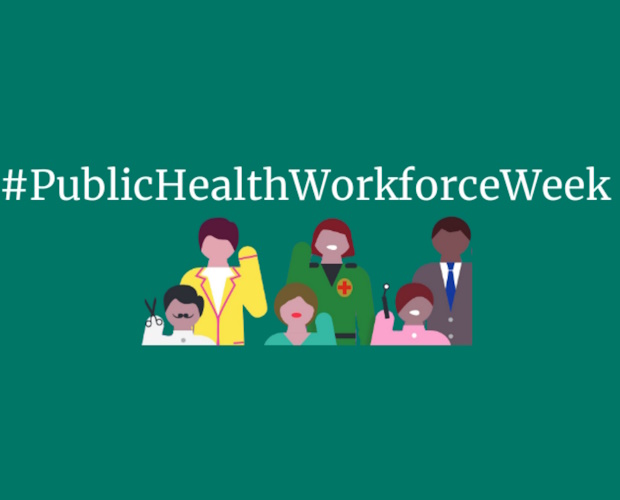T: 01822 851370 E: [email protected]
RSN Voices Serious Concerns Over ‘Fairness’ Of Settlement
Read here...
New findings released as part of Public Health Workforce Week reveals that stress, a lack of work-life balance and burn out are amongst the top issues facing public health professionals. The findings from the Royal Society for Public Health showed...
Public Health Allocations announced last week are yet again failing to deliver for rural communities The allocations for 2022/2023 show that Predominantly urban local authorities receive 57% more per head compared to rural local authorities. That’s an allocation of £69.87...
Significant concerns are being raised by directors of public health and other leading sector figures that the lockdown is being eased too quickly, as confusion remains over how the test and trace system will work The Association of Directors of...
Local authorities (upper tier and unitary) are responsible for improving the health of their local population and reducing health inequalities In 2020/21 the total public health grant to local authorities will be £3.279bn, increasing from £3.134bn in 2019/20. The grant...
Malvern Hills District Council and Wychavon District Council are hosting the upcoming ‘Protect Your Farm, Protect Yourself’ Event, being held at Three Counties Showground on Thursday 22 November, 4-7pm. This free event will provide advice to the rural business and...
NEWSLETTER
Sign up to receive all our latest news and updates.
HOT TOPICS
Amid reduced public spending, fair resource allocation across regions is crucial. Despite a population larger than Greater London, rural areas receive significantly less funding for essential services, even though delivering these services in rural areas is more expensive.
Economic growth is widely acknowledged as essential for national wealth and prosperity and is a priority for political parties. Rural economies, employing millions and home to a higher proportion of small businesses, have potential for growth if barriers are removed.
Rural residents face distinct healthcare challenges, including limited access to transport, longer distances to medical facilities, an aging demographic, housing inadequacies, digital connectivity gaps, and difficulties recruiting health and care workers.
Rural communities are grappling with a severe affordable housing crisis, marked by high house prices, a lack of affordable housing, elevated living costs, and lower incomes, threatening their sustainability and vitality.
Transport is vital for the quality of life and economic health of rural areas, yet it faces challenges such as infrequent public bus services and less Government funding compared to urban regions.
Rural areas, encompassing a substantial portion of England's population and land, play a pivotal role in combating climate change and achieving the net zero target.
In an increasingly digital world, the lack of robust digital infrastructure in rural areas severely limits access to crucial services and stifles economic growth.
A future-focused vision for rural communities involves not just building the right homes in the right places but also ensuring thriving, sustainable communities.
SIGN UP TO OUR NEWSLETTER
Sign up to our newsletter to receive all the latest news and updates.







